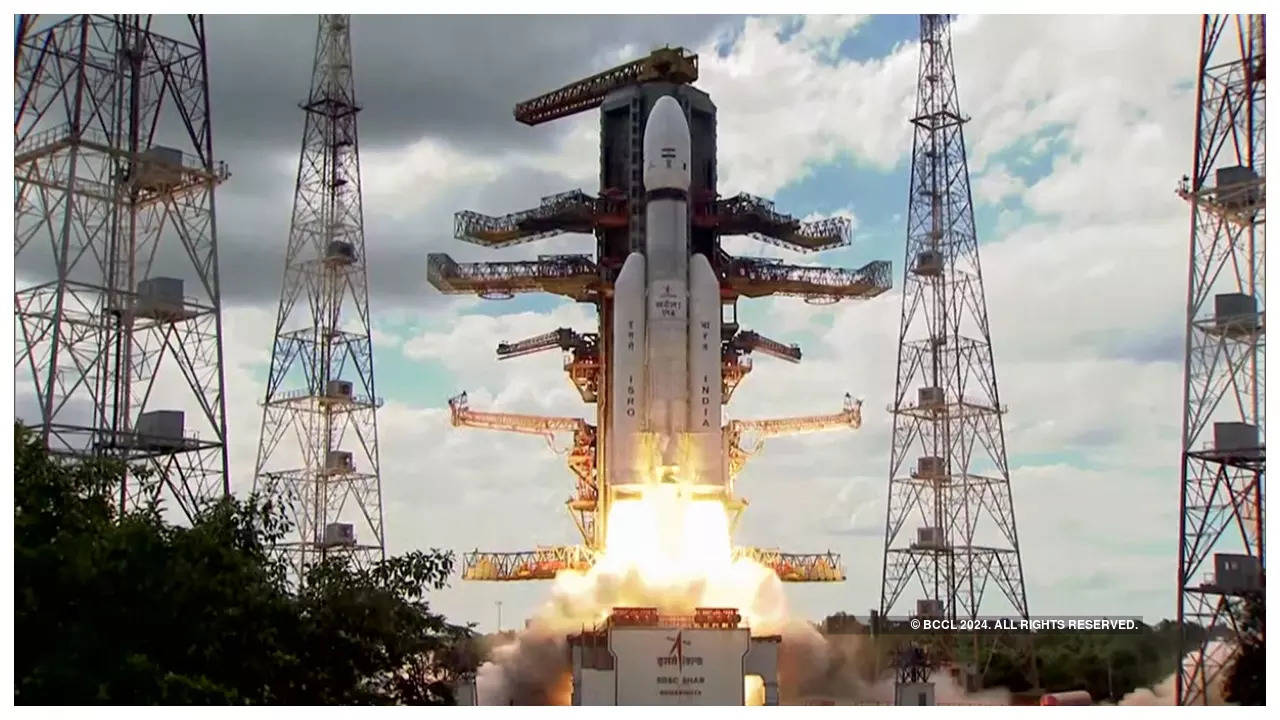[ad_1]
“Today’s successful firing, needed for a short duration, has put Chandrayaan-3 into an orbit of 153 km x 163 km, as intended. With this, the lunar-bound manoeuvres are completed. It’s time for preparations as the propulsion module and the lander module gear up for their separate journeys,” Isro said.
This leaves only seven more days before the landing module attempts to land on the lunar surface on August 23. After Wednesday’s manoeuvre, Isro will perform another manoeuvre for lander separation on Thursday, following which Vikram will have to be again put into an elliptical orbit. Isro will again carry out manoeuvres to put the landing module to achieve this.
The de-boost manoeuvres will eventually put Vikram in an orbit where the Perilune (closest point to Moon) is 30km and Apolune (farthest point from Moon) is 100km. The final landing will be attempted from this orbit.
Once the 30km x 100km orbit has been achieved, the most critical part of the landing, the process of reducing the velocity of the lander from 30km height to the final landing, as Isro chairman S Somanath had said earlier, will begin.
Isro will also have to overcome the phase where the spacecraft’s horizontal orientation needs to change to a vertical one, before Vikram makes the final descent on August 23.
As of Wednesday, Chandrayaan-3 has completed 33 days. After the launch on July 14, Chandrayaan-3 completed five Earth-bound manoeuvres between July 15 and 25, which raised its altitude to more than 1.2-lakh-km at the farthest point from Earth, the trans-lunar injection (TLI) on August 1, which put it in a path towards Moon at an altitude of nearly 3.6-lakh-km before the Lunar Orbit Insertion (LOI) put it in an elliptical orbit around Moon on August 5.
Since LOI, Chandrayaan-3 remained in an elliptical orbit, with multiple lunar-bound manoeuvres reducing its Apolune (farthest point to Moon) progressively before Wednesday’s manoeuvre put it into a circular orbit.
[ad_2]
Source link


